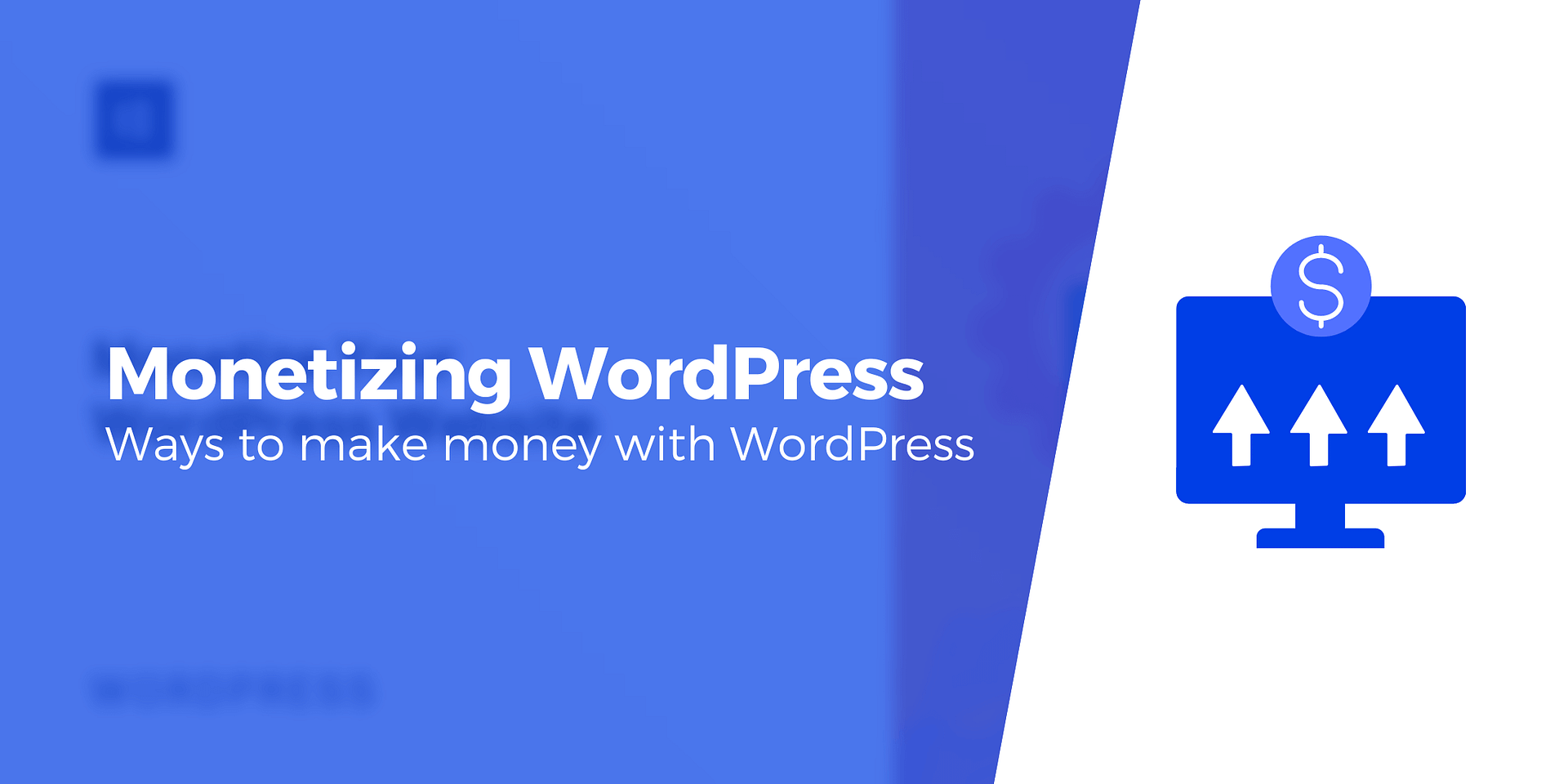Breaking News


Popular News


Monetizing your WordPress site can transform your passion project into a profitable venture. One of the most effective methods is leveraging Google AdSense, a platform that matches ads with your site’s content. However, to truly maximize your revenue, it’s crucial to follow certain best practices. In this guide, we will cover setting up Google AdSense, optimizing ad placement for maximum revenue, and monitoring and analyzing ad performance. By mastering these techniques, you can seamlessly integrate AdSense into your monetizing WordPress site strategy and watch your earnings grow.
Contents
Setting up Google AdSense is a fundamental step in monetizing your WordPress site. This can provide a steady revenue stream through contextual ads. Follow these steps to integrate AdSense effectively:
Create a Google AdSense Account:
Add Your Site:
Generate Ad Units:
Implement Ad Code:
Review and Approve:
By following these steps, you can efficiently begin monetizing your WordPress site with Google AdSense, setting the stage for potential earnings from your online content.

When it comes to monetizing your WordPress site, merely integrating Google AdSense is not enough. Strategic ad placement plays a pivotal role in maximizing revenue. Here are some best practices:
1. Above-the-Fold Placement
Placing ads above the fold captures user attention immediately. These ads tend to have higher click-through rates (CTR) as users see them without scrolling.
2. In-Content Ads
Ads placed within the content, especially after the first paragraph or midway through articles, blend seamlessly with your content. This placement is less disruptive and can lead to better user engagement.
3. Sidebar Ads
While they may not have the highest CTR, sidebar ads are still valuable as they remain visible while users scroll through your site.
4. Responsive Ads
Ensure your ads are responsive to maintain a positive user experience across various device types. Google AdSense provides responsive ad units, which automatically adjust to different screen sizes.
5. Comparison Table for Ad Placement Effectiveness
| Ad Placement | Visibility | Click-Through Rate | User Experience |
|---|---|---|---|
| Above-the-Fold | High | High | Neutral |
| In-Content | Moderate | High | Positive |
| Sidebar | Medium | Low | Neutral |
| Footer | Low | Low | Minimal Disruption |
By optimizing ad placement on your WordPress site, you can effectively tap into the full potential of AdSense and significantly boost your monetization efforts.
Effectively monetizing your WordPress site involves more than just setting up ads; continuous monitoring and analysis play a crucial role. By keeping track of ad performance, you can ensure you’re maximizing your revenue potential. Here are some strategies to consider:
Utilize Google AdSense Reports
Set Up Google Analytics
Conduct A/B Testing
Comparison: Google AdSense Metrics vs. Google Analytics Insights
| Metric | Google AdSense | Google Analytics |
|---|---|---|
| CTR | ✔ | ✘ |
| User Behavior | ✘ | ✔ |
| Ad Placement Insights | ✔ | ✔ |
| Revenue Tracking | ✔ | ✔ |
Actionable Tips:
By committing to these practices and leveraging available tools, you can streamline the process of monetizing your WordPress site and consistently enhance your ad revenue.
Google AdSense is an advertising program that allows website owners to earn revenue by displaying relevant ads on their sites. Integration into a WordPress site can be achieved through several methods. The most common approach is by using plugins like "Ad Inserter" or "SiteKit by Google." These plugins simplify the process of adding ad units to specific locations within your site’s layout. Alternatively, you can manually insert the AdSense code into your WordPress theme’s header or footer.
Optimizing ad placement is crucial for maximizing revenue. Key considerations include user experience and strategic positioning. Place ads in high-visibility areas such as above the fold, within content, and alongside navigation menus. It’s advisable to use a mix of ad formats, such as display ads, text ads, and in-feed ads, to maintain variety and avoid ad fatigue. Make use of AdSense heat maps and performance reports to identify the best-performing locations and make adjustments accordingly.
AdSense works best with content that attracts a steady stream of visitors and encourages user engagement. Content-rich sites such as blogs, news portals, and tutorial pages typically perform well. It’s important to ensure that your content adheres to Google’s content policies, which prohibit adult material, violent content, and other forms of prohibited media. High-quality, original content that provides genuine value to readers not only attracts more visitors but also entices them to engage with the ads displayed.
Yes, there are several common mistakes that can hinder the effectiveness of AdSense on your WordPress site. Overloading your site with too many ads can lead to a poor user experience and increased bounce rates. Neglecting to comply with Google’s policies can result in account suspension. Additionally, placing ads in intrusive or misleading positions can deter users and reduce click-through rates. Consistently review Google’s guidelines, monitor ad performance, and make necessary adjustments to ensure both compliance and optimal revenue generation.